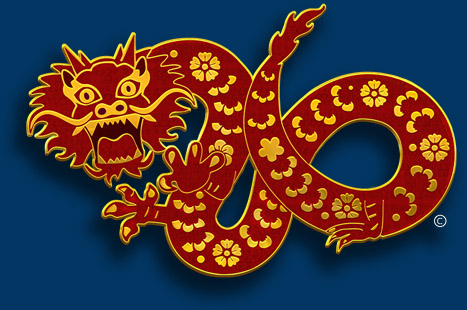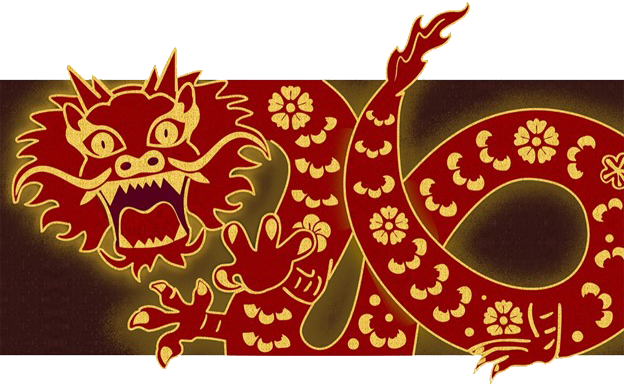THE ZEN MIRROR
The Cultivation of Simplicity
By Jeff Brooks
How are you doing?
Busy. Real busy.
We hear responses like this all the time.
Seeing someone we have not seen in a while we take a quick, breathless pause from the pace of our life, and greet our old friend with a statement like this.
For a lot of us it is the first thing that comes to mind.
Sometimes it is a statement of pride. The implication is that we are busy because we are important, in demand, engaged in the activities of life.
Sometimes it is a complaint: We are overtaxed, overscheduled, tired. Sometimes it is just a report of our condition. On the run.
In our modern world we have lost the idea that the cultivation of a simple life has value; that a simple life is something to be sought for its own sake.
Nowadays the phrase "a simple life" resonates with Paris Hilton and reality TV. It is a corruption of the phrase, a phrase that now indicates not simplicity at all, but rather a reduction in status, lack of sophistication and tedium.
But my teacher's teacher emphasized, as one of his precepts of behavior for his students, that they should "Live a simple life." He was a great figure in the modern martial arts, Chojun Miyagi, founder of Goju Ryu karate. If he recommended this we ought to at least check it out, and see why he felt it was so important.
I can't answer for him. But I have an answer.
In our culture, from the earliest age, children are asked what they like and what they dislike. What flavor, what color, what subject, what activity… In the world of media our children inhabit they are relentlessly enticed by appealing things – food, toys, experiences – and repelled by awful things – like the bad guy in the cartoon, or not having what you want.
They (and us) are taught to define ourselves by what we like and dislike. And to act on that basis to please ourselves, pursuing pleasurable things and eradicating non-pleasurable ones. It makes sense. It also puts people on an endless treadmill of dissatisfaction and distraction. Inclining us to do harm to get what we want and destroy what we don't. Producing discord and suffering. Setting us on a course of action that will not bring fulfillment or happiness. But what it will do is make us busy. The more you buy into it the busier you get.
What if there was a better basis on which to make choices in our lives? What if we understood simplicity itself as a valuable thing?
Is simplicity for unmotivated losers who won't or can't compete? Is simplicity boring? There are people who would like you to think so.
As practitioners of martial arts we need to understand the value of the cultivation of simplicity. If we fail to recognize it we will get lost in the superficial, in rank and ego, in posturing, the endless need for approval and acknowledgement that disturbs people and, when it goes on too long, keeps modern martial arts practice shallow and hollow and irrelevant to the genuine issues that need to be faced squarely. Without understanding the importance of simplicity in the life of a warrior or practitioner, we will fail to penetrate the critical issues of how to do effective self-defense and of how to live as a human being in the modern world.
What does it mean to cultivate simplicity? For one thing we need to remember that we are talking about something you practice, something you cultivate. It is not a lifestyle choice, an aesthetic, a design sensibility or a slogan.
The cultivation of simplicity is a habitual way of addressing the constant flow of disturbing emotions that arise in our heart and mind, that create distraction and encumbrances in our schedule and our relationships, and obstruct our breathing, posture and the flow of energy in our bodies.
What do we do with the disturbing emotions that arise in our mind? People impelled to act on every desire, every irritation, appear unstable and undisciplined. They remain unaccomplished and unhappy. Their condition leads not to fulfillment but exhaustion.
But engaging in deep disciplined practice, putting an end to the disturbances in the mind and eliminating the obstructions in the energy flow of the breath and body, has a different result. Consistent practice of martial arts and of meditation for example – consistent and sincere practice, done daily, with the right technique and the right motivation – has a very different effect on our lives; very different from attempting to find happiness "out there" somewhere.
It creates conditions through which we feel peaceful, and alive. It protects us from squandering our energy on useless hurry. It frees us to dedicate our energy and attention to the benefit and protection of the people who depend on us. It allows us to cultivate the skills of body and mind that will take us forward with decency, nobility, purpose and the calm, vigorous clarity that you can see in the unusual life of a Zen master or a genuine warrior.
Such people do exist. They are rare. You can be one. To be strong and free is only possible if you have a heart free from greed and hatred. To act spontaneously is only possible for a person who is well trained, and free from distraction.
That will not happen by chance. It will not happen if we permit ourselves to be encumbered with the endless concerns proposed to us by the cluttered cultural environment in which we modern people find ourselves.
It will only be possible if we take seriously Miyagi Sensei's admonition to live with simplicity. It will only be possible by the daily cultivation of simplicity. There is no one formula by which to proceed. It is up to each of us to find our way.
Jeffrey M. Brooks
Jeff Brooks (9th dan), began martial arts training in 1978 and opened his first karate dojo in Northampton, MA (1988 through 2009), while also conducting self-defense seminars, professional programs in combative skills and served as a regular contributor on Zen and karate-related topics to FightingArts.com.
Jeff then moved to South Carolina and started a career in law enforcement, serving as a police officer, then detective, defensive tactics instructor, firearms instructor, PPCT instructor, Deputy US Marshal, and Deputy Sheriff. After retirement, he founded Mountain Karate in Saluda, NC.
In karate Brooks received his 5th degree Black Belt from the Nagamine honbu dojo, his 7th degree black belt in 2004, and his 9th degree black belt in 2022, in recognition of his formation and leadership of Yamabayashi Ryu. He studied with leading teachers in Okinawan, Japanese, and Chinese traditions, in the US and overseas, including Katsuhiko Shinzato (the translator of Shoshin Nagamine's Essence of Okinawan Karate Do, and formerly a student of the Kishaba brothers' karate and kobudo); Sogen Sakiyama, Roshi (direct student of Miyagi Chojun, and practitioner of Goju-ryu karate); and Shoshin Nagamine (Chief of the Motobu District Police, Mayor of Naha, and founder of Matsubayashi Shorin Ryu).
Jeff Brooks has written hundreds of published articles on martial arts, and Zen and has been cited widely online and in print. He wrote speeches and presentations for high profile public figures in politics, media, business and the arts.
He is author of several books including "True Karate Dō", available on Amazon.com
Search for more articles by this author:






